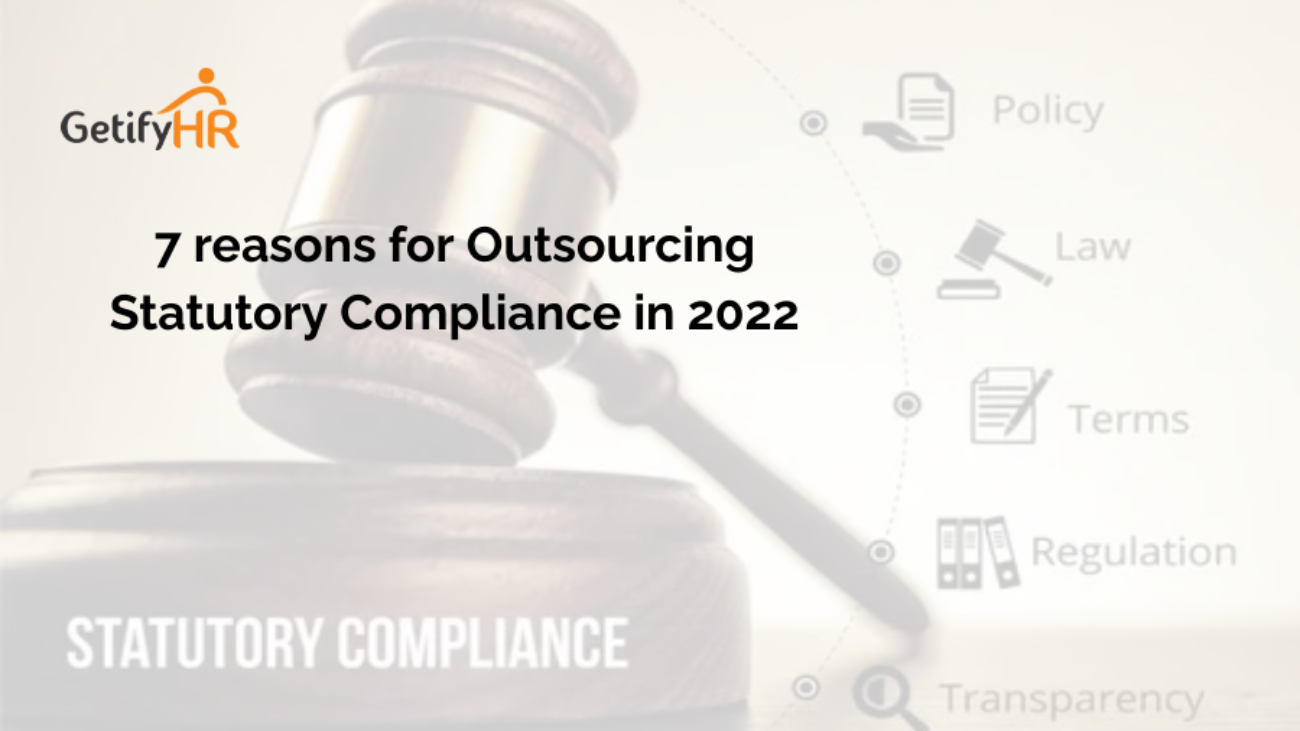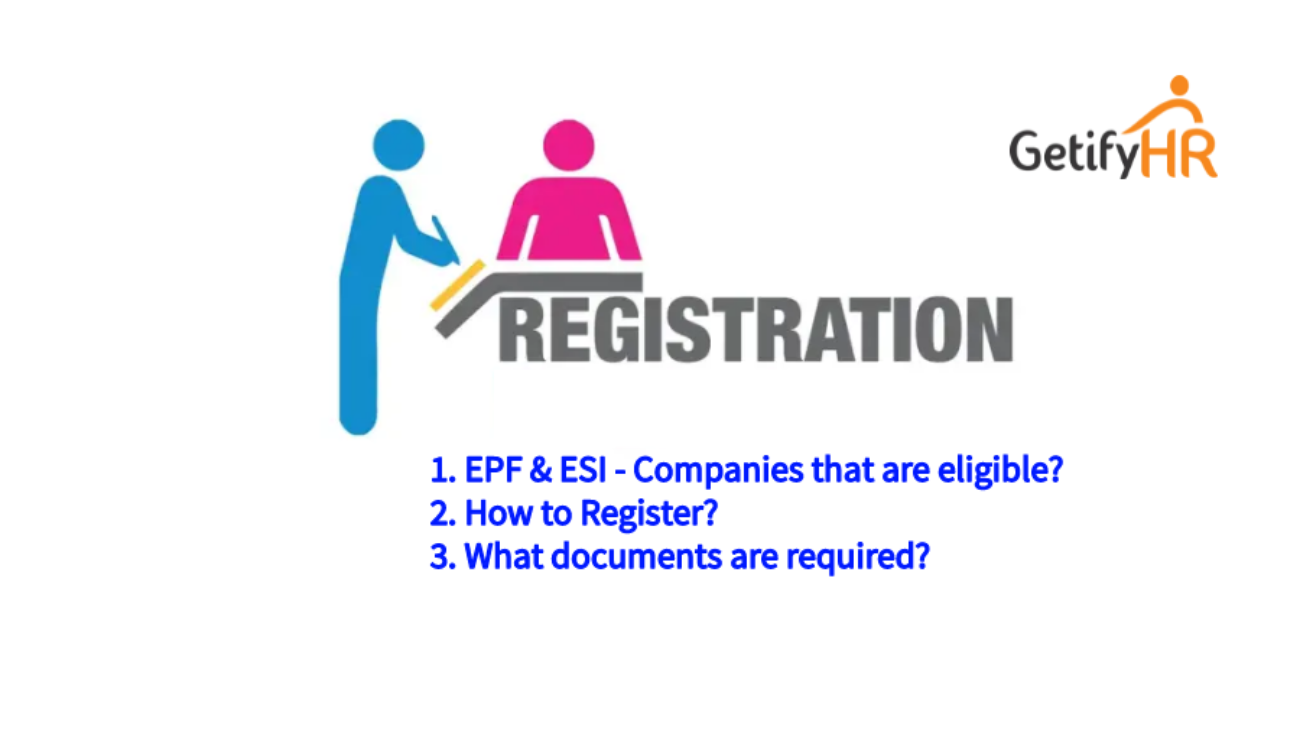Introduction
The COVID-19 pandemic sweeping the world has affected all walks of life. Businesses have also felt the impact of the pandemic and have been forced to make drastic changes in their workforce. Work-from-home has become the new norm during the past two years. This has also forced governments to amend the statutory compliance rules and regulations in line with the changed conditions.
Payroll processing and keeping the business compliant with all the statutory rules and regulations has been an onerous task and businesses have looked at different options to maintain these. Outsourcing these operations to a genuine service provider is the ideal solution under these circumstances.
The current scenario has forced companies to find new ways to overcome issues pertaining to the workforce and this has put tremendous pressure on the HR team. Staff attrition rates are on the rise and it is becoming even more difficult to handle employee issues especially when your workforce is spread over different locations and in different states. In this article, we shall discuss 7 reasons for outsourcing your Statutory Compliance in 2022.
Reason-1: Keeping the company compliant, always!
This is one of the most important reasons to outsource statutory compliance tasks to an efficient and qualified service provider. Statutory rules and regulations are prone to frequent changes and companies must keep themselves abreast of these changes as and when they are made.
This is especially true during the pandemic and its aftermath. These changes have created a lot of headaches for companies that have maintained their Payroll and Statutory Compliance in-house. When you associate with an outsourcer you can rest assured of being fully compliant as they bring in their vast experience and knowledge of the field.
Reason-2: Save Time and Money
Outsourcing Statutory Compliance can save a lot of time and money. The service provider will maintain all the records and keep the company compliant, and this is irrespective of any changes that may have taken place in these rules and regulations. Handling these operations in-house would require an expert team and would, therefore, takes up more working hours and also pushes up the cost.
Outsourcing is, therefore, cost-effective and time-saving.
Reason-3: Creates better work atmosphere
Outsourcing your Statutory Compliance tasks to a service provider, assures you of getting the task completed without any errors. This is what the management and the employees need. The employees, therefore, do not have any issues with the management with regard to their contributions and deductions. This paves the way for greater cooperation between the management and employees. The workplace becomes more harmonious and this, in turn, would create greater growth.
Reason-4: Frees the HR team
Freeing the HR team from mundane work and allowing them to concentrate on core business activities is the ideal situation that any management would look for. By outsourcing Statutory Compliance to a service provider, you are doing just that. Statutory compliance is a very critical aspect that requires expert handling. The HR team would be hard-pressed to maintain these requirements and it would naturally take their time and effort to fulfill these tasks.
When you relieve them from these tasks, you are in effect freeing them to concentrate more on core business activities that would help to grow the business. This would surely help the company to reach its target much more smoothly.
Reason-5: Assists the Accounting Department
When you outsource to a service provider, your payroll and statutory compliance requirement function very efficiently. The data generation is accurate and effort-free. This accurate information is directly available to the accounting department so that accounts reconciliation can be performed without much complication and the need for additional data entry. All accounting entries get directly posted in the accounting modules as they are fully integrated with the payroll and statutory compliance modules. This will save a lot of time and effort.
Reason-6: Ensures regular filing of statutory reports and Tax filing
Outsourcing your statutory requirements assures you of regular filing of all the statutory forms within the stipulated period. This assures regular remittance of the contributions from the employees and employer within the scheduled period. Similarly, the handling of Tax filings and payment of tax dues will be regularized. This would enable the company to avoid fines and penalties due to late or wrong filings
Reason-7: Provide a high level of Data Security and confidentiality
Outsourcing to a service provider will ensure greater security of vital data. There is a reduced risk of mismanagement of funds and identity theft. With in-house maintenance of these tasks, there is a greater chance of tampering of employee data. Outsourcing prevents this possibility.
Conclusion:
Outsourcing your Statutory Compliance requirements has tremendous benefits for the company. Simply put, you can avoid a lot of headaches by keeping the company compliant with all the rules and regulations. When experts handle these issues, you are assured of greater cooperation with the employees and lesser issues with the Government authorities.
GetifyHR has earned a reputation for excellent service and its efficient handling of all Statutory Compliance requirements. During the pandemic, she has stood steadfast with her clients spread across the country and enabled proper handling of all regulatory issues excellently.
The changes brought on due to the pandemic and the new Labour Reforms that are being implemented by the Government of India are creating problems for business. However, we have been able to provide our clients with the best support to overcome these difficulties. Today, GetifyHR ranks among the very best Payroll and Statutory Outsourcing companies in India.


